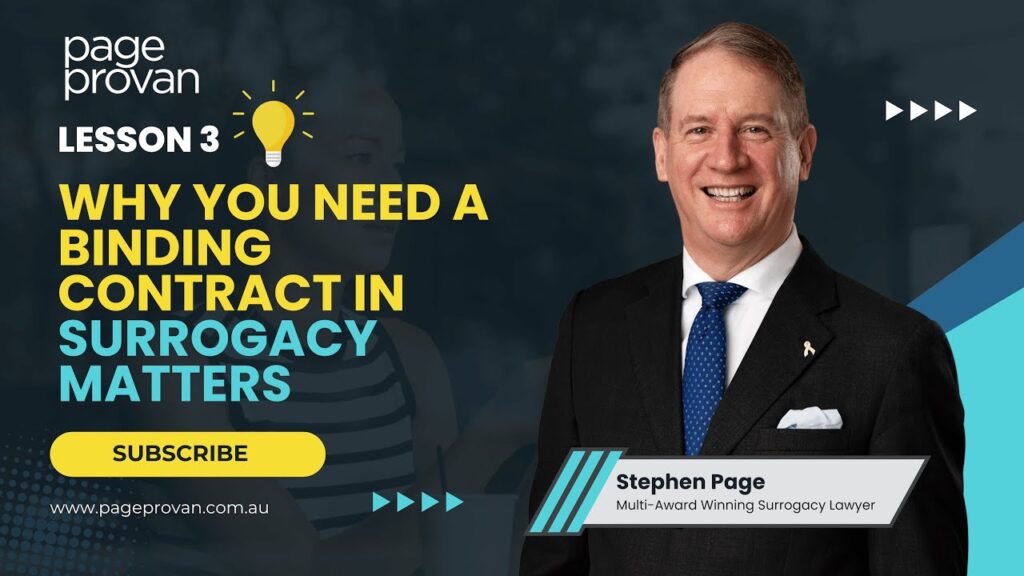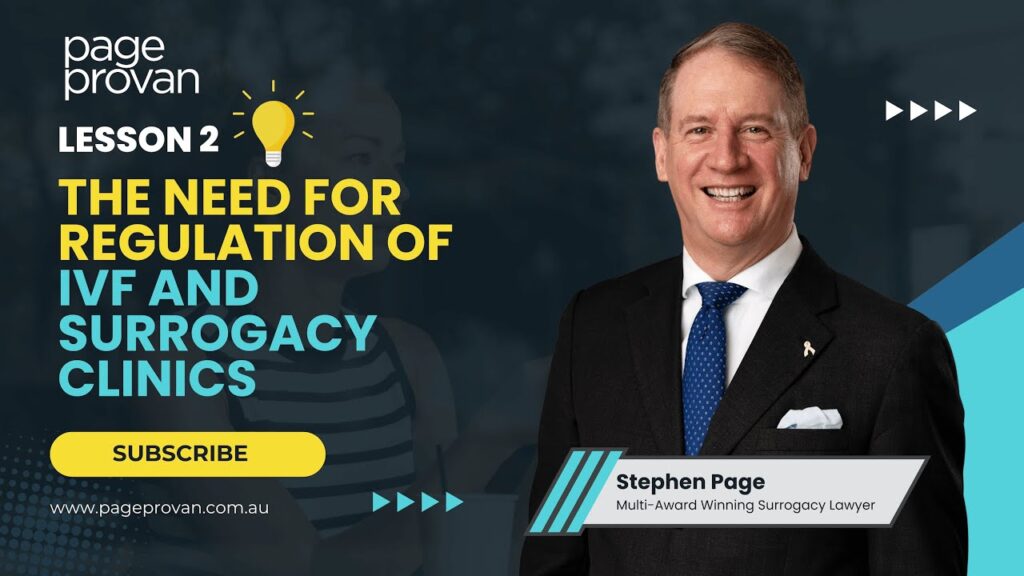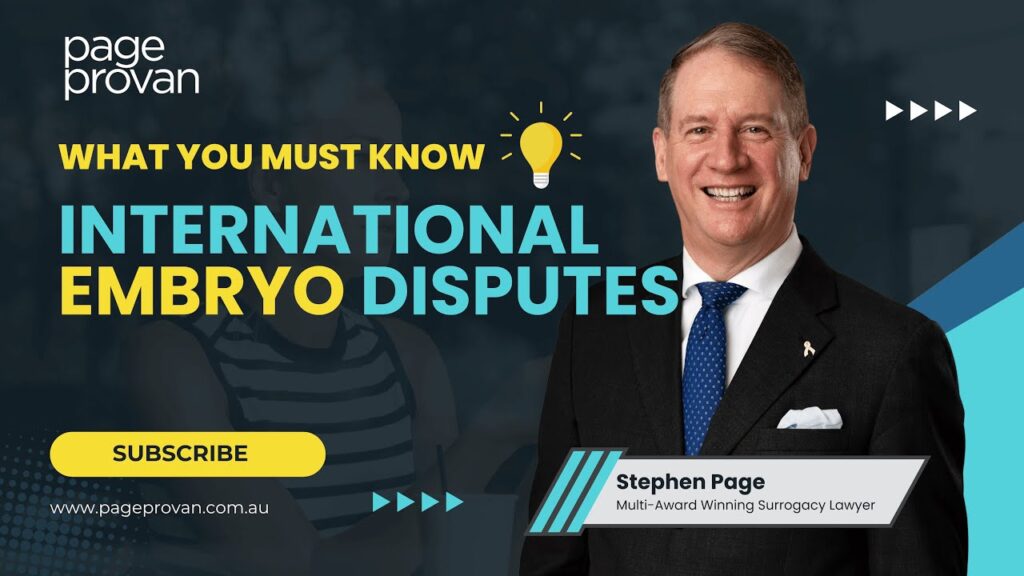ACT considering ART Laws
The Australian Capital Territory is considering having laws regulating IVF clinics in the ACT. While IVF clinics throughout Australia are regulated by the Fertility Society of Australia and the National Health and Medical Research Council, NSW, South Australia, Victoria and Western Australia also have laws requiring IVF clinics to have State registration. The ACT is looking to have similar laws.
One model suggested is to replicate NSW laws. If the ACT were to replicate NSW laws, then one side effect will be that widows who have retrieved sperm from their late husbands in New South Wales, South Australia, Victoria and Western Australia will no longer be able to access ACT IVF clinics. Instead of going to Canberra, these widows will necessarily head to Queensland (or Tasmania) for treatment.
Another side effect is that intended parents through surrogacy will be considered donors, not intended parents- if the experience of dealing with the NSW Ministry of Health is any guide. Thankfully, Victorian regulators came to their senses and made plain that intended parents through surrogacy are not donors to surrogates. The whole point of the exercise, after all, is that implanting the embryo into the surrogate is to enable the intended parents to become parents, not to enable the surrogate to become one.
The ACT is also considering having a central donor registry, as Queensland is also considering at the moment. In doing so, the ACT and Queensland will join NSW, South Australia and Victoria in having one. This will mean that donor conceived adults will find it easier as to their genetic origins, by going to one State central registry, rather than the lottery of asking clinic after clinic for records they hold. HOORAY! However, as I said in my evidence to the Queensland donor inquiry, it would be even better if all the Australian central registries operated like a one stop shop for inquiries, so that a donor conceived adult in making inquiry at one central registry, say in South Australia (assuming they lived in Adelaide, for example) would check the records of each other central registry, in the same way that Google does with websites. In the absence of a national donor registry, at least co-ordinated State and ACT registries would be preferable to unco-ordinated State and ACT registries.
The ACT is also looking at copying Victoria’s approach (as is Queensland) in retrospective transparency for all gamete donations. This will affect all those donations prior to 2004, when national rules required records be kept so that when the child turned 18 they could find out who the donor was. While this will worry some anonymous sperm donors, on balance it’s a good thing. All of us have a human right to know how we were created. If the donor registry doesn’t tell us, then websites like www.ancestry.com and www.23andme.com will.












